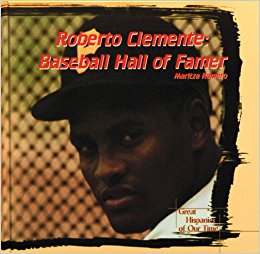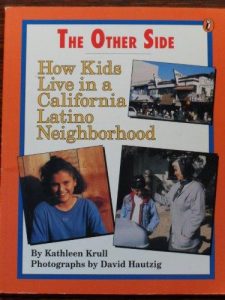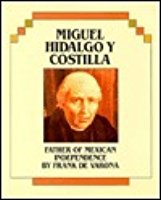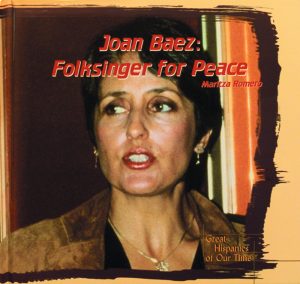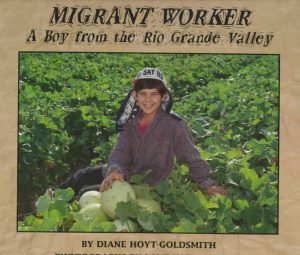 Describes the way of life of Mexican American families and their children who work as migrant agricultural laborers in Texas.
Describes the way of life of Mexican American families and their children who work as migrant agricultural laborers in Texas.
Biography – Autobiography- Memoir
Conversations with Contemporary Chicana and Chicano Writers
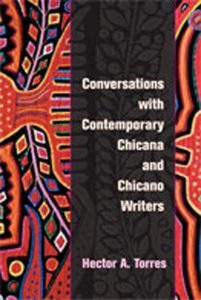 Hector A. Torres conducted these interviews with today’s popular Chicano/a writers, asking each about language and life between languages, about the creative drive that has guided them in their craft and commits them to their art. In sharing their responses, Torres reveals a brief biography of each author and a concise examination of their writings. Taking their stories and essays individually and collectively, Torres explains how each author reiterates issues that have concerned Mexican Americans since at least 1848. Chicano/a authors know that an abundance of politics can spoil a story, as can too little. The writers included here span historical terrain, first, under the shadow of Manifest Destiny and, then, under the America’s imperial sovereignty stance. Interviewees include Rolando Hinojosa (“I Reflect the Way Valleyites Act and React”), Arturo Islas (“I Don’t Like Labels and Categories”), Erlinda Gonzales-Berry (“On the New Mexican Borderlands”), Gloria Anzaldúa (“The Author Never Existed”), Ana Castillo (two separate interviews), Sandra Cisneros (two separate interviews), Pat Mora (“I Was Always at Home in Language”), Richard Rodriguez (“I Don’t Think I Exist”), Demetria Martinez (“To Speak as Global Citizens”), and Kathleen Alcalá (“To Tell the Counternarratives”).
Hector A. Torres conducted these interviews with today’s popular Chicano/a writers, asking each about language and life between languages, about the creative drive that has guided them in their craft and commits them to their art. In sharing their responses, Torres reveals a brief biography of each author and a concise examination of their writings. Taking their stories and essays individually and collectively, Torres explains how each author reiterates issues that have concerned Mexican Americans since at least 1848. Chicano/a authors know that an abundance of politics can spoil a story, as can too little. The writers included here span historical terrain, first, under the shadow of Manifest Destiny and, then, under the America’s imperial sovereignty stance. Interviewees include Rolando Hinojosa (“I Reflect the Way Valleyites Act and React”), Arturo Islas (“I Don’t Like Labels and Categories”), Erlinda Gonzales-Berry (“On the New Mexican Borderlands”), Gloria Anzaldúa (“The Author Never Existed”), Ana Castillo (two separate interviews), Sandra Cisneros (two separate interviews), Pat Mora (“I Was Always at Home in Language”), Richard Rodriguez (“I Don’t Think I Exist”), Demetria Martinez (“To Speak as Global Citizens”), and Kathleen Alcalá (“To Tell the Counternarratives”).
Mi Sueno De America/ My American Dream
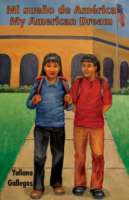
Young Yuliana Gallegos recalls her move from Monterrey, Mexico, to Houston, Texas. Initially excited about moving to Houston, where the huge freeways make her feel like she’s on a roller coaster, her excitement quickly wanes when she starts school. Everything is different at Yuli’s new school, and her discomfort is magnified by her classmates’ stares.
And to make matters worse, she learns that in spite of studying English in Mexico, she can’t understand anything that’s being said. All she wants to do is go back to her school in Monterrey. Yuli poignantly records the fear and anguish experienced by all immigrant children as they strive to adjust to a new language and culture. With the help of a compassionate teacher, a Japanese girl who becomes her friend, and her own determination to excel at her studies, Yuli gradually learns to speak English and feel comfortable in her new environment.
Roberto Clemente: Baseball Hall of Famer
Sí, Puedes (Play Ball!)
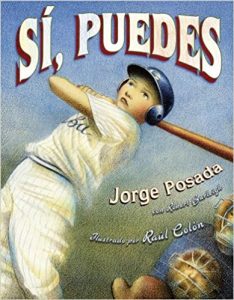 Presents a story of right-handed Jorge Posada being coached by his father to bat left-handed, and how it leads right to the major leagues.
Presents a story of right-handed Jorge Posada being coached by his father to bat left-handed, and how it leads right to the major leagues.
Jorge Posada adora sentir la bola en su guante, el bate en su mano, y el juego del béisbol. Como cualquier otro jugador del equipo Casa Cuba, ya puede batear bien con la mano derecha, pero su padre le dice, “Ser bueno no es ser el mejor.”Su entrenador le dice, “El béisbol es un juego de pulgadas.” De hecho, cuando Casa Cuba tiene que enfrentarse al temible pítcher de Club Caparra, lo que el equipo más necesita es un jugador ambidiestro.Basado en la infancia de Jorge Posada, el cátcher de los New York Yankees, ésta es la historia de un niño puertorriqueño que trabajó duro para convertirse en el mejor, y no se detuvo sino hasta que llegó a ser campeón.
The Other Side: How Kids Live In A California Latino Neighborhood (World Of My Own)
Miguel Hidalgo Y Costilla: Father of Mexican Independence
Joan Baez: Folksinger for Peace (Great Hispanics of Our Time)
Tomas And The Library Lady
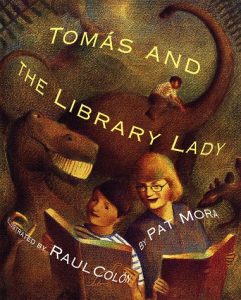 Tomás is a son of migrant workers. Every summer he and his family follow the crops north from Texas to Iowa, spending long, arduous days in the fields. At night they gather around to hear Grandfather’s wonderful stories. But before long, Tomás knows all the stories by heart. “There are more stories in the library,” Papa Grande tells him. The very next day, Tomás meets the library lady and a whole new world opens up for him. Based on the true story of the Mexican-American author and educator Tomás Rivera, a child of migrant workers who went on to become the first minority Chancellor in the University of California system, this inspirational story suggests what libraries–and education–can make possible. Raul Colón’s warm, expressive paintings perfectly interweave the harsh realities of Tomás’s life, the joyful imaginings he finds in books, and his special relationships with a wise grandfather and a caring librarian.
Tomás is a son of migrant workers. Every summer he and his family follow the crops north from Texas to Iowa, spending long, arduous days in the fields. At night they gather around to hear Grandfather’s wonderful stories. But before long, Tomás knows all the stories by heart. “There are more stories in the library,” Papa Grande tells him. The very next day, Tomás meets the library lady and a whole new world opens up for him. Based on the true story of the Mexican-American author and educator Tomás Rivera, a child of migrant workers who went on to become the first minority Chancellor in the University of California system, this inspirational story suggests what libraries–and education–can make possible. Raul Colón’s warm, expressive paintings perfectly interweave the harsh realities of Tomás’s life, the joyful imaginings he finds in books, and his special relationships with a wise grandfather and a caring librarian.
Ce´sar
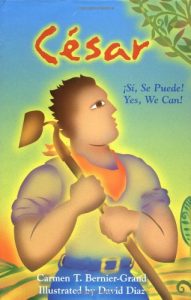 Born in 1927 in Yuma, Arizona, César Chavez lived the hard-scrabble life of a migrant worker during the depression. He grew to be a charismatic leader and founded the National Farm Workers Association, an organization that fought for basic rights for his fellow farm workers. In powerful poems and dramatic stylized illustrations, Carmen T. Bernier-Grand and David Díaz pay tribute to his life and legacy.
Born in 1927 in Yuma, Arizona, César Chavez lived the hard-scrabble life of a migrant worker during the depression. He grew to be a charismatic leader and founded the National Farm Workers Association, an organization that fought for basic rights for his fellow farm workers. In powerful poems and dramatic stylized illustrations, Carmen T. Bernier-Grand and David Díaz pay tribute to his life and legacy.

